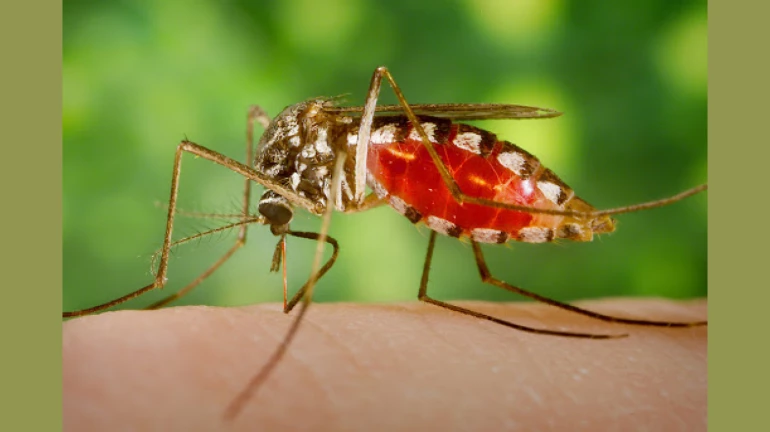
The Brihanmumbai Municipal Corporation (BMC) has issued notices to more than 17,000 premises across the city after identifying mosquito breeding. Despite taking such actions, the increasing mosquito breeding sites is responsible for a spike in dengue and malaria diseases in Mumbai.
Even after initiating several efforts to prevent the spread of disease, in October 2023, Mumbai reported many cases of Dengue and Malaria. Mumbai recorded about 944 cases of Malaria and 979 cases of Dengue till October 30. In September 2023, Mumbai recorded 1313 cases of Malaria and 1360 cases of Dengue.
The civic body of Mumbai took various efforts to detect and get rid of more than one lakh sites of mosquito breeding in the city.
As per reports, 1,07,432 breeding sites of Aedes aegypti mosquitoes, responsible for dengue transmission, and 13,347 breeding sites of Anopheles stephensi mosquitoes, which spread malaria, were successfully eradicated by the Insecticide Department. The department took the step to prevent the spread of disease till October 19 and is taking several other measures as well. With these numbers this year marks a record high in the last four years, surpassing the approximately 1.06 lakh breeding sites eliminated in the previous year.
An Official from BMC said that while solving this problem they are facing many issues and challenges. The civic official said that this year they have issued more notices, collected more fines, and prosecuted more localities than in the last three years. The official showcasing the list of difficulties said that it is not always feasible to issue notices for every breeding site, as some are located on roads, nullahs, or in slums. Additionally, the procedure following the notice is cumbersome.
The BMC's Insecticide Department Head, Chetan Chaubal said that they are finding it difficult to inspect every household. It is difficult for them to ensure households do not have materials that store water for more than seven days. He said that the infected person's family understands the severity of the issue but other families ignore it.
Regular home and garden inspections are carried out by the Insecticides Department in an attempt to stop the spread of diseases such as dengue and malaria. According to data from recent years, 80 per cent of breeding sites are found in or close to the houses of dengue patients. Water pumps, plant vases, plates beneath flower pots, air conditioners, refrigerator trays, defrosting trays, tyre, coconut shells, abandoned plastic, water bottles, and other places are popular spots to find the larvae of mosquitoes that carry the dengue virus. The usual locations for malaria-transmitting mosquito larvae are wells, water tanks, fountains, cooling towers, and water storage areas at building sites.The BMC has also decided to carry out genome sequencing in order to pinpoint the precise dengue virus strain that is causing the illness spread by mosquitoes in the midst of the surge. During the swine flu pandemic, the BMC previously carried out genome sequencing, a cutting-edge scientific method that offers vital insights regarding virus behaviour.




